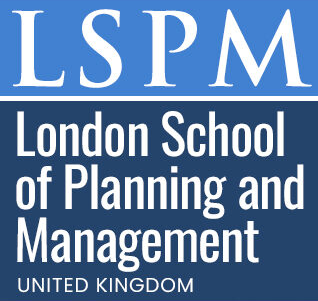Global Certificate Course in Robotics and Artificial Neural Networks
Published on June 28, 2025
About this Podcast
HOST: Welcome to our podcast, today we're talking with an expert about the Global Certificate Course in Robotics and Artificial Neural Networks. Can you tell us a bit about your personal experiences with this course topic? GUEST: Absolutely, I've had the privilege of teaching this course for several years, and I've been amazed by the students' eagerness to learn and their ability to create innovative solutions using robotics and neural networks. HOST: That's fantastic! With such a rapidly evolving field, what current industry trends should our listeners be aware of? GUEST: We're seeing increased demand for automation, AI, and robotics in various sectors like manufacturing, healthcare, and even entertainment. The ability to create intelligent systems that adapt and learn is becoming crucial. HOST: Speaking of challenges, what are some common obstacles faced in this field, especially when it comes to learning or teaching these subjects? GUEST: The complexity of the topics and the fast-paced nature of the field can make it challenging for learners to keep up. However, with hands-on training and continuous learning, these challenges can be overcome. HOST: That's reassuring. Now, looking to the future, what do you envision for the role of robotics and artificial neural networks in shaping our world? GUEST: The possibilities are endless. We're already seeing advancements in self-driving cars, medical diagnostics, and personalized education, to name a few. The integration of robotics and neural networks will continue to revolutionize industries and improve our daily lives. HOST: Thank you for sharing your insights and experiences with us today. The Global Certificate Course in Robotics and Artificial Neural Networks sounds like a valuable opportunity for those looking to advance their skills and contribute to this exciting field. GUEST: I couldn't agree more. It's an honor to be part of this transformative journey, and I'm excited to see what the future holds for robotics and artificial neural networks.
